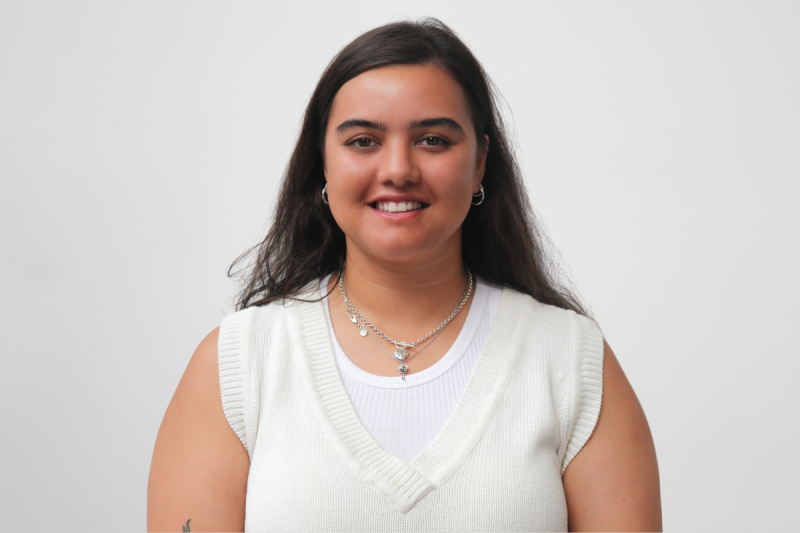We’re excited to announce that Patricia is our new recipient of the HERA Whanake Scholarship!
Whakarīri, whakarīriWhakarīri tēnei taonga ohohoTēnei taonga puipuiakiTēnei taonga tuku ihoNā Ranginui e tū ake anaNā Papatuanuku e takotoWhakatauā! whakatauā!
Kua tau
He uri ahau nō ngā tōpitopito o te Hokianga-whakapau-karakia. I te taha o tōku Māmā, ko Wikaira anō, ko te whānau Harris e tū ana; ko Mary Wikaira tōku kuia te heketanga mai ki tōku Māmā. Ko ahau ko tōku tama pikopiko a Alexander.
Ko Ngāpuhi te iwi, Whirinaki te rohe. Kauhoe i ngā ngaru o te wai-tai ko Hokianga, ko Opononi ko Hokianga te moana, heke noa ki te waka o Ngātokimatawhaorua, te waka ā Kupe. E tū te whare o Mātai Aranui, na ko Te Hikutu te hapū, Te Ramaroa te maunga tiketike, tēnei te maunga kōmingo. Ko Patricia Te whatu tōku ingoa,
Tihei mauri ora!
Master of Architecture & Future Environments Prof (Year – 5)
“In my pursuit of a Master of Architecture and Future Environments, my research question is focused on a specific intersection: How can Mātauranga Māori principles be incorporated into circular design using Construction 4.0”?
This inquiry is deeply rooted in my personal connection to my Māori heritage, transcending mere academic curiosity to become a conscientious exploration of the intrinsic significance of various considerations within Māori culture that relate to circular design. The initial phase of my investigation focuses on developing my understanding of tikanga Ngāpuhi, utilising cultural mapping as a guide to shape my perspective on mātauranga Māori and the role of a kaitiaki, or guardian, of the land. Having grown up within the Māori community, I’ve observed first-hand how various aspects of our identity, traditions, and overall well-being interact with design as it is now and how these could be considered with circular design and construction 4.0 more broadly . Adopting a precise kaupapa Māori research approach, I aim to seamlessly integrate cultural values into the fabric of the proposal. This research transcends conventional academic boundaries, serving as a focused exploration of the mātauranga Māori that may relate to circular design. A specialised subcategory of this inquiry examines how circular design and construction 4.0 might act as a conduit for the convergence of Western scientific paradigms and traditional Māori perspectives. This dual exploration is designed to cultivate a nuanced awareness of Māori values while contributing to sustainable design practices.
The ultimate goal is a precise synthesis of circular design principles, strategically uniting traditional values with contemporary solutions. This approach seeks to foster a sustainable future for all, and specifically incorporates Māori knowledge and Māori concepts for circular design.
Receiving this scholarship for my master’s degree is a heartening affirmation. Beyond the financial support, it allows me to focus on my studies, lightening the burden of financial constraints. This opportunity is not only an investment in my intellectual growth but also a supportive pillar for my son, for which I am extremely grateful. The mentorship and networks provided are invaluable, offering guidance for both my academic and personal journey.
The importance of Māori academics is underscored, and this scholarship, therefore, is not just a personal achievement for me but a step towards promoting the significance of Māori voices in academia. As I embark on this transformative experience, I carry a deep sense of gratitude in receiving this scholarship and hope to contribute positively towards the research endeavours in the coming year!”
If you are interested to read more about HERA’s Whanake Scholarship, click here.

